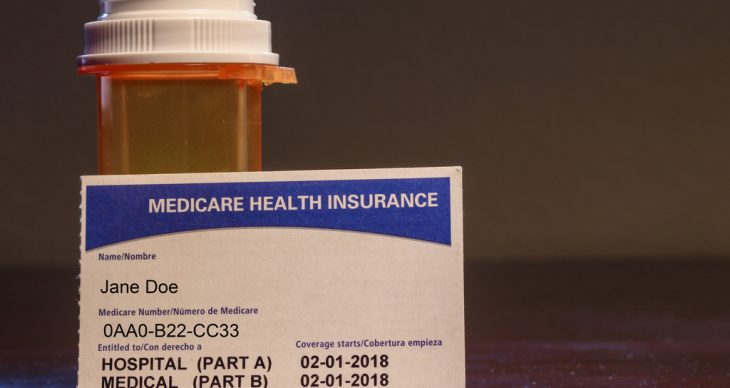Medicare is a nationwide health insurance program that almost all residents qualify for at 65 years of age. Those with ESRD, ALS, or a disability may be eligible for SSI benefits and, therefore, Medicare coverage.If you are eligible for Social Security Disability Insurance (SSDI), then you qualify for Medicare.
However, you will need to collect SSDI payments for a set period before you can enroll, in most cases. The first 24 months of collecting SSDI benefits are part of a waiting period. The SSI office will automatically sign you up for Medicare insurance on the 25th month of receiving SSI.
However, you do not have a two-year waiting period if you have amyotrophic lateral sclerosis (ALS). You can enroll in Medicare the first month you get SSDI benefits. Similarly, you can receive Medicare coverage after three months of dialysis treatment if you have end stage renal disease (ESRD).
The SSA will automatically enroll you into the Original Medicare plan, but you can request a Medicare Advantage Plan from a private provider. The four parts of Medicare are as follows:
- Part A coverage is for inpatient care in hospitals, skilled nursing faculties, hospice, and home health care. It is premium-free as long as you have worked and paid income taxes for at least 10 years.
- Part B coverage is for outpatient care, like visiting your primary doctor for an annual exam. It can also help pay for medical equipment in some cases. Part A and Part B combination coverage go by the name Original Medicare.
- Part C plans combine Part A and Part B coverage and some add a prescription drug, dental, and vision coverage. Part C plans also go by Medicare Advantage Plans, and they are part of private providers group plans. Medicare Advantage Plans must cover the same services as Original Medicare, and they usually cover more.
- Part D coverage is only for prescription drugs. If you have Original Medicare, adding this plan would provide comprehensive coverage.
Depending on which plan you choose, you may have no monthly obligation or a low-cost premium.
If you have SSI benefits, the monthly premium may come out of your payment automatically.
You can have Medicare coverage for as long as your disability meets the SSA’s rules. You can also return to work and keep your federal health insurance policy for at least eight-and-a-half years, even if your SSDI benefits end.
Likewise, Medicare can be your second insurance coverage if you have coverage through your employer. The federal health insurance program will act as the second payer, picking up some costs that the primary payer does not cover.
By Admin –
